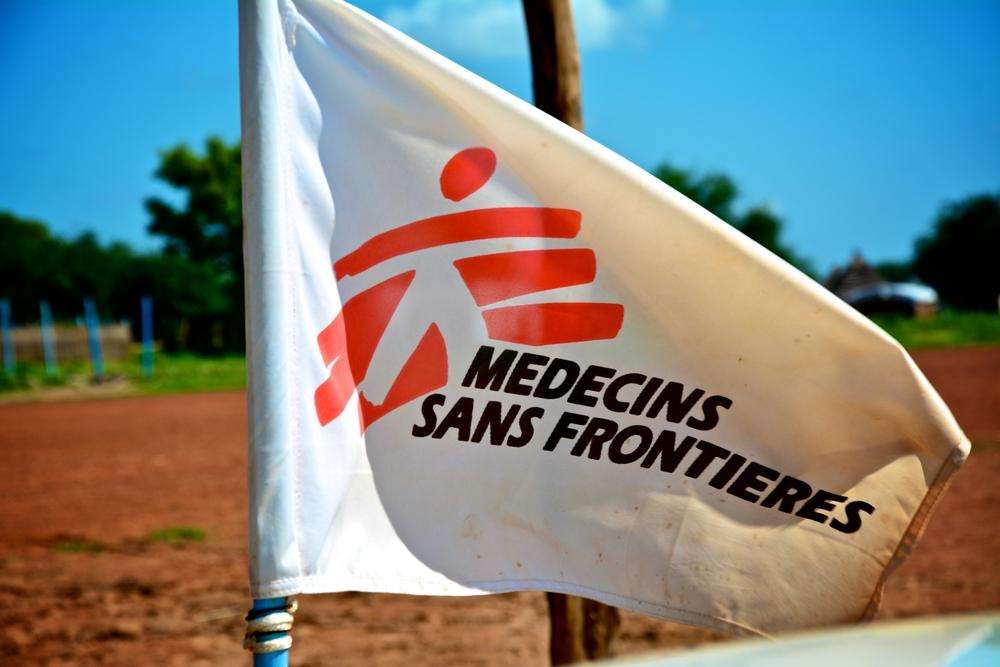MSF staff say patients arriving in Vavuniya hospital are in need of both medical care and counselling. MSF mental health officer Karen Stewart talks about what patients are going through.
Together with two other MSF mental health officers, I talked to about 25 people immediately after they arrived in the hospital. It’s important they can talk to someone and express their fears and extreme anxiety. Of course, we can’t reassure them about their families; we don’t have first-hand information about what’s happening inside the conflict zone or in the camps. But at least we show that people care about them.
People arrive here in a state of extreme anxiety and fear. They have been separated from their families and often have no news about their fate. Young children and elderly travelling with their caretakers claim they were separated at a checkpoint. The caretakers or family members who were healthy were forced to go to camps, while those wounded and sick had to go to the hospital.
Patients were told they would go to the hospital for a few days and then go back to the Vanni again. But later they heard they couldn’t go back. At the same time, we could hear the bombing going on in the Vanni. You can imagine how desperate people were, thinking of their kids and other family members who were still there. People regretted coming here, saying they would prefer dying with their family to being in a camp.
Children at the hospital are unaccompanied. They scream and call out for their mothers. Elderly people are on their own. Some people have bad wounds, some have been amputated or badly hurt by shrapnel. A child spoke about how he was in a bunker with his cousins at the time of an attack. Out of the 10 people seeking refuge there, six people died.




